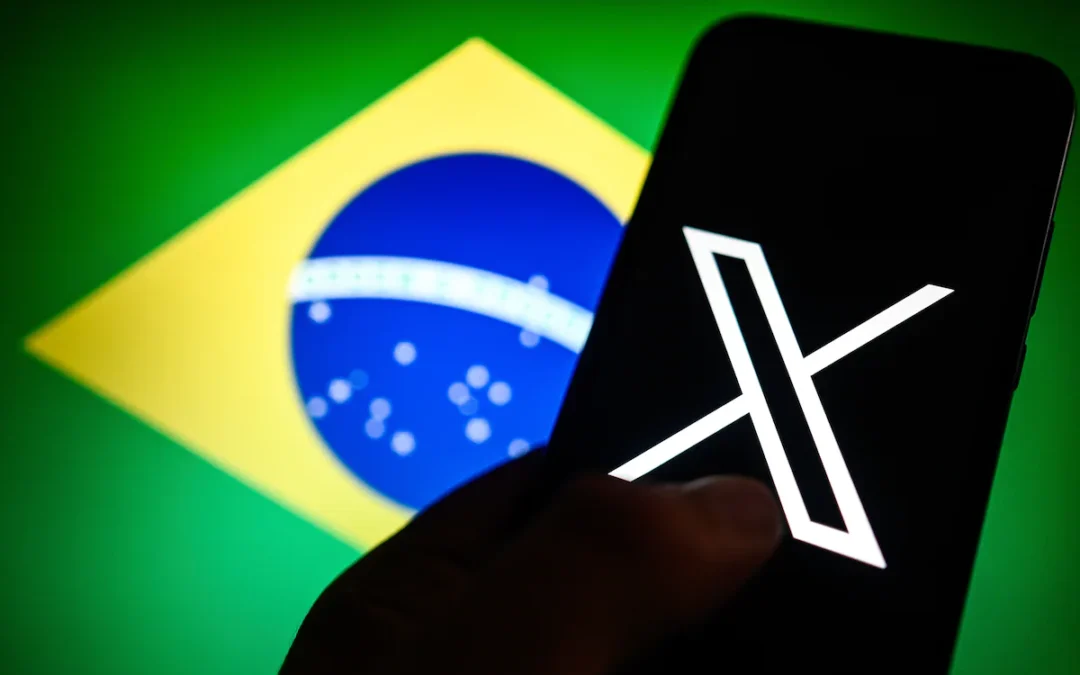In late September 2024, Elon Musk’s social media platform X (formerly Twitter) faced a hefty fine from Brazil’s Supreme Court after briefly becoming accessible in the country despite a court-ordered ban. The ban had been imposed in August after X refused to comply with an order to shut down accounts accused of spreading disinformation. The company was fined 5 million Brazilian reais (around $1mm) for its inadvertent return online during a server change, which allowed Brazilian users temporary access.
MORE DEALS Lionsgate Teams Up with Runway AI: Transforming Film Creation

Musk’s faces legal battle over X platform
In the midst of a legal battle between Musk’s companies and Brazilian authorities, the initial block was part of this dispute. Due to a network provider switch involving Cloudflare, the platform reappeared, an event X described as an “unintentional” service restoration. Although X promptly restored the block, the Supreme Court, led by Justice Alexandre de Moraes, issued the fine, further intensifying tensions between the court and Musk’s companies.
The episode underscores the complex dynamics between global tech companies and national regulators, especially when issues of misinformation and legal compliance intersect. Despite the fines, Brazil remains a crucial market for X, making compliance essential for the platform’s long-term operations in the country.
Musk’s companies create mechanisms to prevent future breaches
In response to the fine, X announced plans to enhance its compliance mechanisms to prevent future breaches. Elon Musk emphasized the company’s commitment to working with international regulators while ensuring that the platform remains a space for open dialogue. This incident highlights the challenges global tech companies face in balancing regulatory demands with their operational goals.
Additionally, this event has sparked debates among legal experts and tech industry observers about the adequacy of current regulations governing digital platforms. Some argue for stricter controls to curb the spread of misinformation, while others caution against overregulation that might stifle innovation and free speech. As Musk’s companies navigate these regulatory waters, their approach could set precedents for future interactions between tech giants and national governments.

